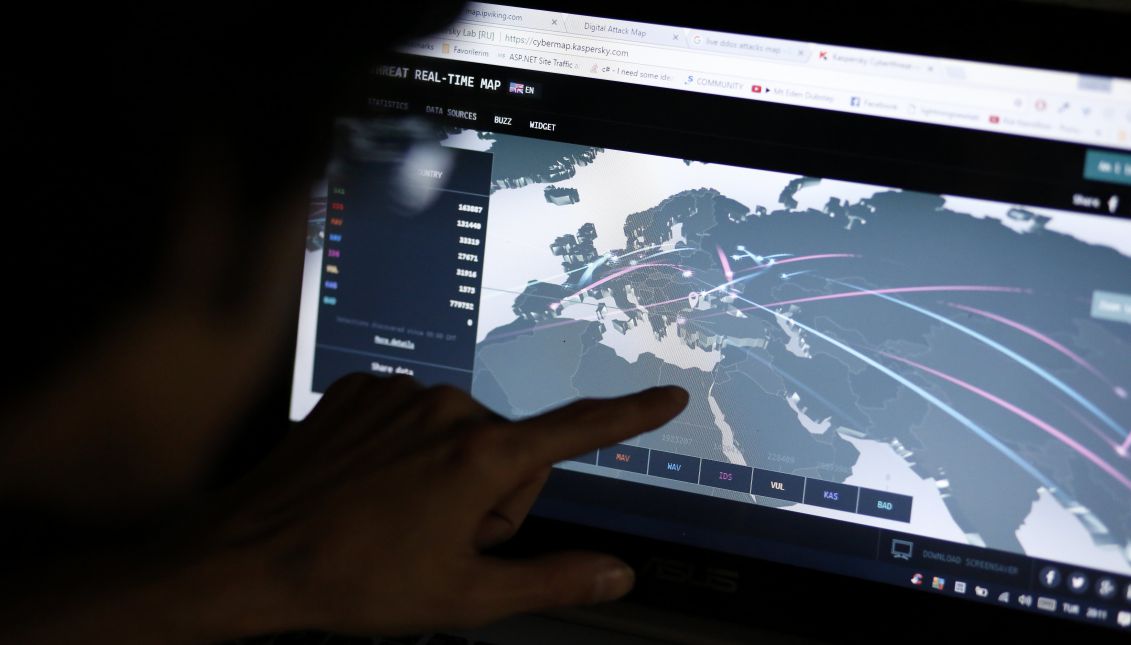
Global Cyberattack: What We Need to Worry About?
A huge cyber attack that initially hit Ukraine has spread across the world, causing major disruption across the world and showing again how vulnerable countries are in terms of cyber security issues.
The hack, which has affected several countries – including the UK, Spain and India – may be functioning like the massive "Wannacry" attack that crippled the British Public Health Service (NHS), according to cyber security experts.
For now, the computer virus that has massively affected dozens of companies and institutions in the world since June 27 has been identified as a new variant of ransomware called Nyetya, Cisco technology said, as reported in EFE.
Thalos cybersecurity executive Craig Williams told EFE that Nyetya is also very similar to WannaCry, the ransomware that affected 200,000 people in 150 countries in May, encrypting data on infected computers and asking for a ransom to recover them.
However, in the case of the virus emerging on Tuesday, which is quite "different" from the Petya virus, its infection "will spread very quickly if the 'bad guys' behind it decide to do so," Williams said.
On Wednesday several companies in the Asia Pacific region, like the Mondelez owned Cadbury chocolate factory in Hobart, Tasmania, and the global law firm DLA Piper were affected.
Among those affected in Ukraine are the computer networks of the government, the Kiev City Council, dozens of state and private banking entities, public transport systems, media, and telecommunications companies.
CONTENIDO RELACIONADO
In Russia, among the victims of the attack is the oil giant Rosneft, one of the first to report that their servers were hacked.
Experts did not rule out the idea that the virus would spread to other parts of the world, and noted that several countries, especially Europeans, have already found traces of cyber attack in their systems.
Cyber security experts have warned several times of the potential threats of cyber attacks, often defined as a new way of terrorism.
According to Lucas Kello, Senior Lecturer in International Relations and Director of the Centre for Technology and Global Affairs at Oxford University, "the traditional goal of security policy is to prevent the adversary's presence in your home terrain. In the cyber context, however, it is a starting axiom that the most capable adversaries are already inside. They have penetrated your most vital infrastructures -- stock exchanges, power grids, transportation systems -- without you noticing their presence."
"The chief goal of cybersecurity is not to deny the enemy access to the home networks -- that is difficult or impossible -- but rather to detect his presence in them and to reduce his ability to cause harm from within," insists Kello, author of the book The Virtual Weapon, to be published in August.
"The apparatus of diplomacy was designed primarily to prevent, mitigate, and punish war acts. Yet, so far, even the most damaging acts of cyber aggression have not been 'acts of war' according to the rigid standards of international law. Thus governments and international organisations struggle to prescribe an effective response to cyber actions -- even as they continue to cause grave economic, social, and political harm," said Kello.










DEJE UN COMENTARIO: